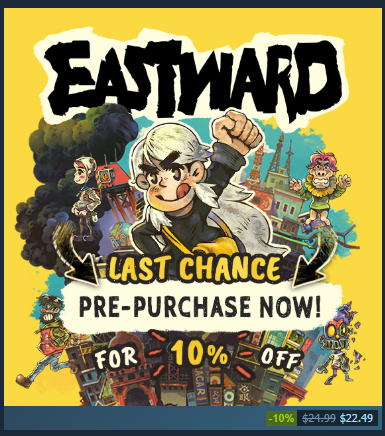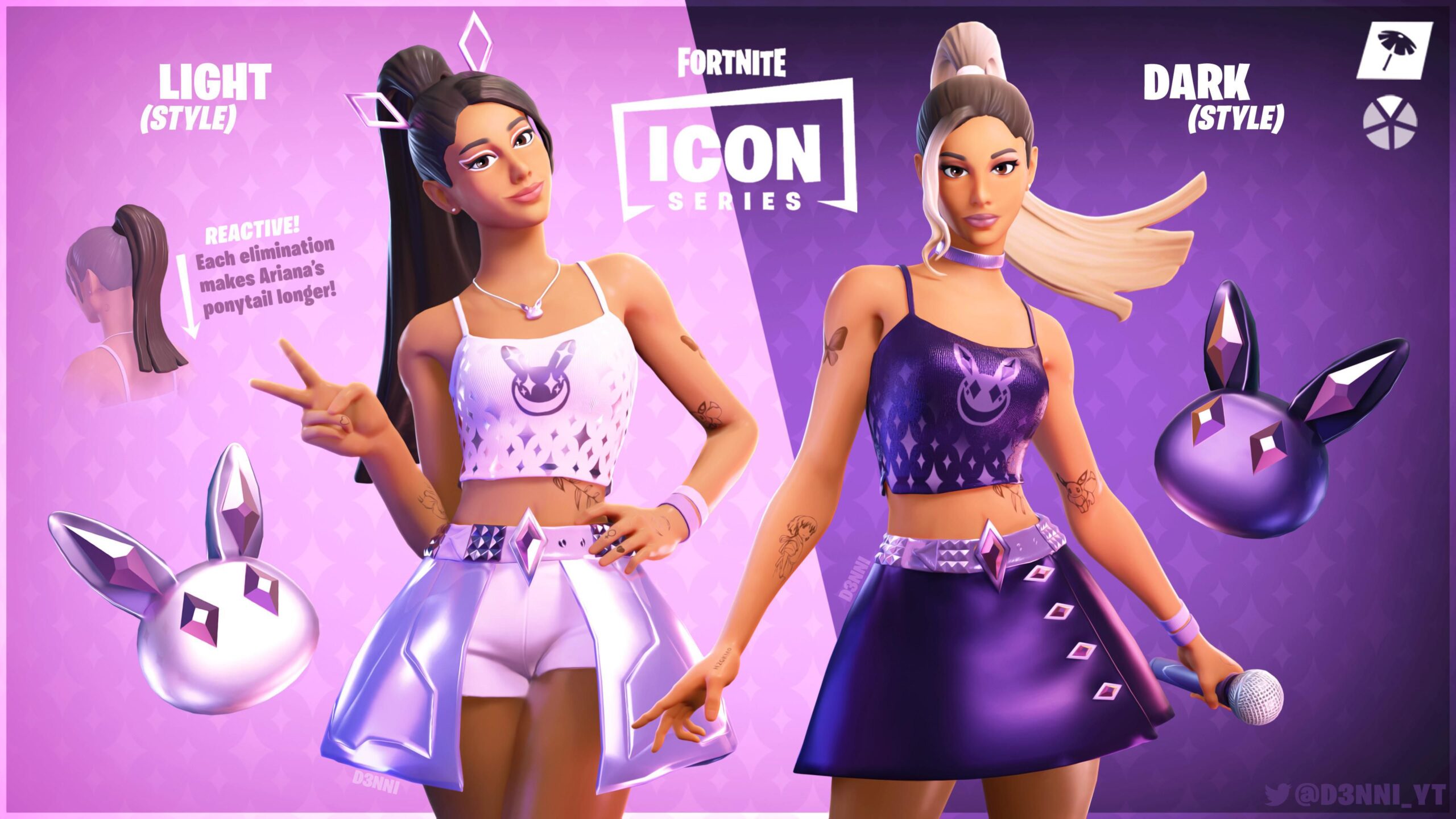How the Lost Profit Syndrome Helps Turn Steam Vishlists into Purchases
Not all vishlists on Steam are converted into purchases. Less than 20% of players acquire the “desired” titles in the first week from the moment of release. A good way to push others to buy is to use FOMO. How exactly to do this, marketing consultant Chris Zukowski told in his column on the website How To Market A Game.
FOMO stands for Fear Of Missing Out. It’s about a term that in Russian is called the lost profit syndrome. Simply put, about the fear of missing something, not getting enough. In this case, to bury the game at a low price.
According to Zhukovsky, FOMO is one of the most worn—out tools in marketing. Despite this, it has a good effect on the conversion of vishlist into purchases.
Usually gamers, although sincerely interested in the game, often delay the purchase. They don’t mind buying a title, but later. But this “later” never comes. Using FOMO can convince users not to postpone the purchase indefinitely.
In total, Zhukovsky singled out four receptions within the framework of FOMO.
1. Launch of a time-limited sale
According to Zhukovsky, this is the easiest and at the same time effective option to motivate gamers to buy the “desired” game. The sale hints to the buyer: the title will not be sold at a discount forever. Thus, it stimulates the purchase.
Steam limits sales to one week. If we are talking about a bestseller, then Valve will allow a day-long sale.
In order for the sale to be as effective as possible, Zhukovsky advises doing three things:
- announce the end date of the sale and the amount that users will save with it;
- 24 hours before the end of the discount, remind players of the discount by sending an email and writing on Twitter;
- send another email when there are three hours left before the end of the sale.
As an example, Zhukovsky cites Eastward, the creators of which wrote about the action immediately on the art for the Steam capsule. In addition to the discount amount, the developers also used phrases in the spirit of “pre-order now” and “last chance”.
2. Ride the narrative
It is difficult to replicate this approach. A lot depends on luck here.
The bottom line is that sometimes some entertainment content turns out to be part of a global narrative. And if the user wants to be in the topic, he has no choice but to buy the game.
Here Zhukovsky cites Animal Crossing New Horizons as an example. He was not waiting for the game, did not want to buy it (previous experience with the series can not be called successful). But he was literally forced to purchase a title in order to at least understand memes.
A similar story with Among Us and Fall Guys. Each has formed a large army of fans with their own language, their own discourse.
Iconic series in the spirit of “Mandalorian” and “Ted Lasso” are watched for the same reason. People want to participate in weekly discussions of new episodes.
3. Events
Limited—time events are, consider, sales without discounts. We are talking about content that can be used or that can be purchased only within a very short period of time.
Players are in a hurry to become a part of it, because they know that they may not see this content in the game anymore. Here the fashion is set by Epic Games, which regularly hosts celebrity concerts in Fortnite. For example, in early August, singer Ariana Grande performed in the battle royale.
Even if the budget of the game does not allow for such large-scale events, Zhukovsky advises not to ignore the tools. The effectiveness of themed promotions for Halloween or Christmas has not been canceled (recall, in mobile they have long been the standard of operation).
4. Seasons
Seasons, like events, are a common place when it comes to managing game services. And the main trendsetter here is also Fortnite.
We are talking about events that on a regular long-term basis (sometimes a month, sometimes more) greatly change not only the content, but sometimes even the meta.
The basic tool for their monetization is combat passes. Their purchase does not give the player content, it gives the opportunity to get it in the game (usually in exchange for the time spent).
And if a player wants to maximize the time invested in buying a ticket, he must play as much as possible. Otherwise, FOMO is waiting for him.
***
In reality, you can’t really “miss” the game. It exists in digital form and cannot end up in a store, like, for example, products in a supermarket. But a developer can create a sense of scarcity by giving importance to the purchase of a game at a certain point in time.
It’s like happy birthday. For some, August 24 is a very ordinary day that means nothing. But someone else will attach much more importance to it. All because he was born on this day many (and perhaps not so many) years ago. Therefore, every time August 24 comes, he has an excuse to throw a party.
It would seem that there is not so much sense. Does it really matter what day is on the calendar? However, otherwise, the birthday boy might not have been able to assemble a company.
What does FOMO have to do with it? Treats it as an opportunity to find a reason for a party.




